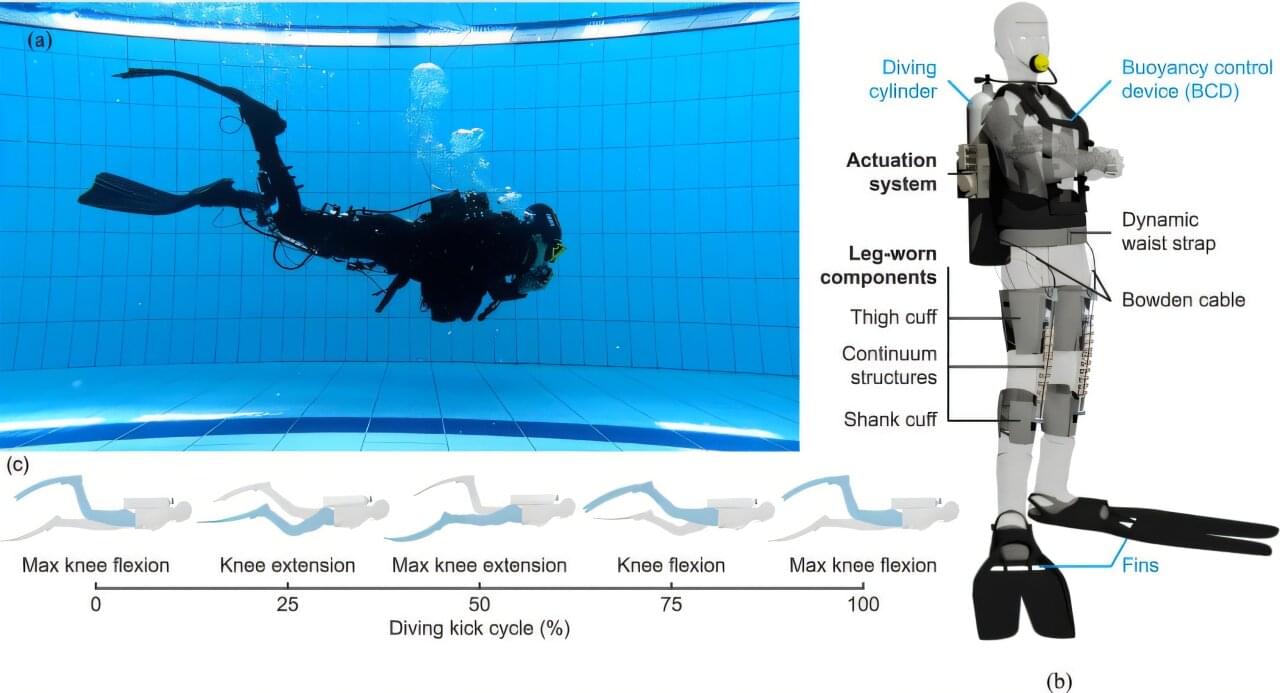Despite the vast diversity of human languages, specific grammatical patterns appear again and again. A new study reveals that around a third of the long-proposed “linguistic universals”—patterns thought to hold across all languages—are statistically supported when examined with state-of-the-art evolutionary methods.
An international team led by Annemarie Verkerk (Saarland University) and Russell D. Gray (Max Planck Institute for Evolutionary Anthropology) used Grambank, the world’s most comprehensive database of grammatical features, to test 191 proposed universals across more than 1,700 languages. Traditionally, linguists have attempted to circumvent the genealogical and geographic non-independence of languages by sampling widely separated languages.
However, sampling can fail to remove all dependencies, reduce statistical power and does not identify historical pathways. The Bayesian spatio-phylogenetic analyses used by the authors accounted for both the genealogical and geographic non-independence of languages—a level of statistical rigor rarely achieved in previous work.







